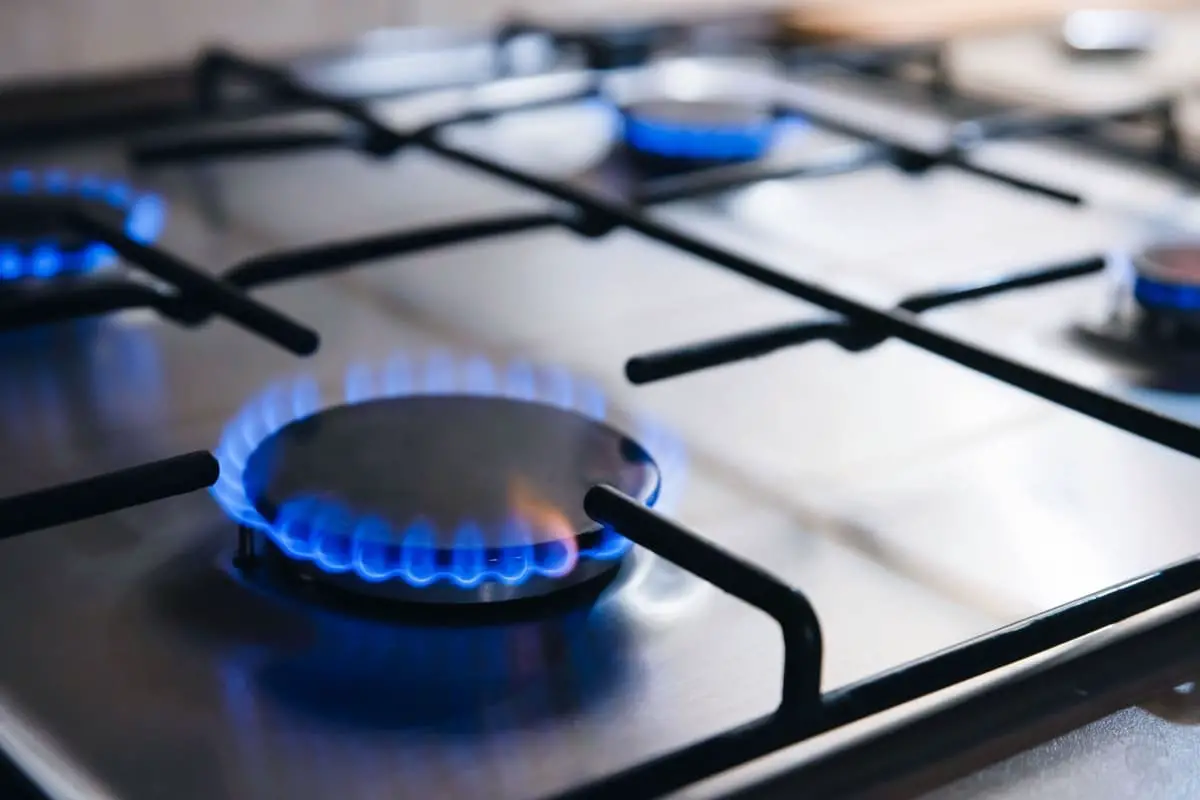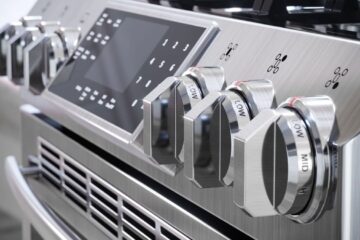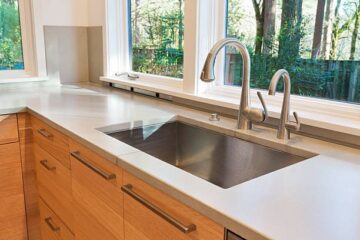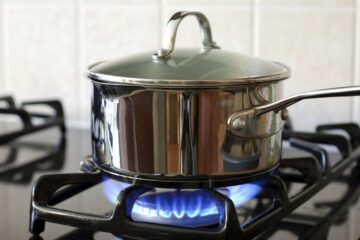When it comes to cooking, there are many types of cookware available, each with its own unique set of benefits and drawbacks. Glass cookware is a popular choice for many home cooks due to its versatility, durability, and easy-to-clean surface. However, a common question that arises is whether or not glass cookware can be used on a stove.
The answer to this question is not a simple yes or no. It depends on the type of glass cookware you have and the type of stove you are using. Some types of glass cookware are specifically designed for stovetop use, while others are not. Additionally, some stovetops may not be compatible with certain types of glass cookware, which can pose a safety hazard if used incorrectly. In this article, we will explore the topic of using glass cookware on a stove in more detail, and provide some tips and guidelines to help you determine whether or not it is safe to do so.
Can Glass Be Used on a Stove?
Glass cookware is a popular choice for many home cooks due to its non-reactive nature, easy-to-clean surface, and elegant appearance. However, many people wonder if glass cookware can be used on a stove without shattering or cracking. In this section, we will explore the different types of stove tops and glass cookware, safety precautions, and benefits of using glass cookware on a stove.
Types of Stove Tops
Before using glass cookware on a stove, it is essential to know the type of stove top you have. There are different types of stove tops available in the market, and each has its own set of rules for using glass cookware. For example, electric coil, electric smooth-top, and gas stove tops are compatible with most types of glass cookware. On the other hand, induction stove tops require special types of glass cookware that are compatible with magnetic fields.
Types of Glass Cookware
Not all glass cookware is created equal. Some types of glass cookware are designed to withstand high heat, while others are not. The most common types of glass cookware are borosilicate and pyroceram. Borosilicate glass is a type of glass that is resistant to thermal shock and can withstand sudden temperature changes. Pyroceram glass is a type of glass that is made from a combination of ceramic and glass and can withstand extreme temperatures.
Safety Precautions
When using glass cookware on a stove, it is essential to take safety precautions to prevent accidents. Here are some safety tips to keep in mind:
- Always use glass cookware that is designed for stove-top use.
- Avoid using glass cookware on a gas stove as it can cause the glass to shatter.
- Never place hot glass cookware on a cold surface or vice versa, as this can cause thermal shock and lead to cracks or breakage.
- Use a heat-resistant spatula to stir food in glass cookware to prevent scratches or cracks.
- Do not use chipped or cracked glass cookware on a stove.
Benefits of Using Glass Cookware
Using glass cookware on a stove has several benefits. Here are some of them:
- Glass cookware is non-reactive, which means it will not leach chemicals or flavors into your food.
- Glass cookware is easy to clean and does not absorb odors or stains.
- Glass cookware allows you to monitor your food’s cooking progress without having to lift the lid.
- Glass cookware is dishwasher safe and can be used in the oven or microwave.
How to Use Glass Cookware on a Stove?
Glass cookware is a popular choice for many home cooks due to its versatility and durability. However, using glass cookware on a stove can be a bit tricky. Here are some tips for using glass cookware on a stove:
Preparing the Cookware
Before using glass cookware on a stove, it is important to make sure that it is stovetop-resistant. Not all glass cookware is suitable for stovetop use, so be sure to check the manufacturer’s instructions before using it on a stove.
Placing the Cookware on the Stove
When placing glass cookware on a stove, it is important to make sure that it is placed in the center of the burner. Placing it off-center can cause it to heat unevenly, which can lead to cracking or breaking.
Cooking with Glass Cookware
When cooking with glass cookware on a stove, it is important to use low to medium heat. High heat can cause the glass to heat up too quickly, which can lead to cracking or breaking. It is also important to avoid sudden temperature changes, such as taking the cookware off the stove and placing it in the fridge or freezer.
Cleaning the Cookware
Cleaning glass cookware after use is important to maintain its longevity. To clean glass cookware, use a soft sponge or cloth and mild dish soap. Avoid using abrasive cleaners or scrubbers, as they can scratch the surface of the glass. It is also important to avoid sudden temperature changes when cleaning glass cookware, such as placing hot cookware in cold water.
Overall, using glass cookware on a stove can be safe and easy as long as the cookware is stovetop-resistant and used properly. By following these tips, home cooks can enjoy the benefits of glass cookware without worrying about damaging their cookware or compromising their safety.
Tips and Tricks for Using Glass Cookware on a Stove
Using the Right Cookware
When using glass cookware on a stove, it is important to choose the right type of cookware. Not all glass cookware is suitable for stovetop use. Look for cookware made of borosilicate or pyroceram, which can withstand high heat and sudden temperature changes. Avoid using lime-soda cookware material, which cannot withstand direct fire contact.
Choosing the Right Burner
When using glass cookware on a stove, it is important to choose the right burner. Use a burner that matches the size of the cookware. This will ensure that the heat is evenly distributed and that the cookware is stable on the stove.
Avoiding Rapid Temperature Changes
Glass cookware is sensitive to rapid temperature changes. To avoid cracking or breaking the cookware, allow it to cool completely before washing it. Additionally, avoid placing hot glass cookware directly into cold water or onto a cold surface.
Using a Heat Diffuser
When using glass cookware on a gas stove, it is recommended to use a heat diffuser. This will help distribute the heat evenly and prevent hot spots from forming. A heat diffuser can also help prevent the glass cookware from cracking or breaking due to sudden temperature changes.
Using a Lid
Using a lid when cooking with glass cookware on a stove can help retain heat and reduce cooking time. It can also help prevent splatters and spills, which can cause scratches or chips on the cookware.
Avoiding Scratches and Chips
To avoid scratches and chips on glass cookware, avoid using abrasive cleaners, scrubs, or metal pads. Instead, use a soft sponge or cloth and a gentle dish soap. When storing glass cookware, stack it carefully to avoid scratching or chipping the cookware.
Conclusion
In conclusion, it is possible to put glass on the stove, but it is not recommended. Glass cookware can shatter if exposed to extreme heat, causing injury or damage to the stove. Additionally, glass is a good conductor of heat, which can cause food to cook unevenly.
If you do choose to use glass cookware on the stove, make sure it is marked as stove-safe and that the surface is clean and free of debris. Preheat the stove before placing the glass dish inside to avoid sudden temperature changes that can cause the glass to break. Avoid placing a hot glass dish on a cold surface or vice versa, as this may also lead to breakage.
It is important to note that using glass on the stove may void your warranty, so it is best to check with the manufacturer before doing so. If you have a glass dish that is not stove-safe, it is best to use it in the oven or microwave only.



